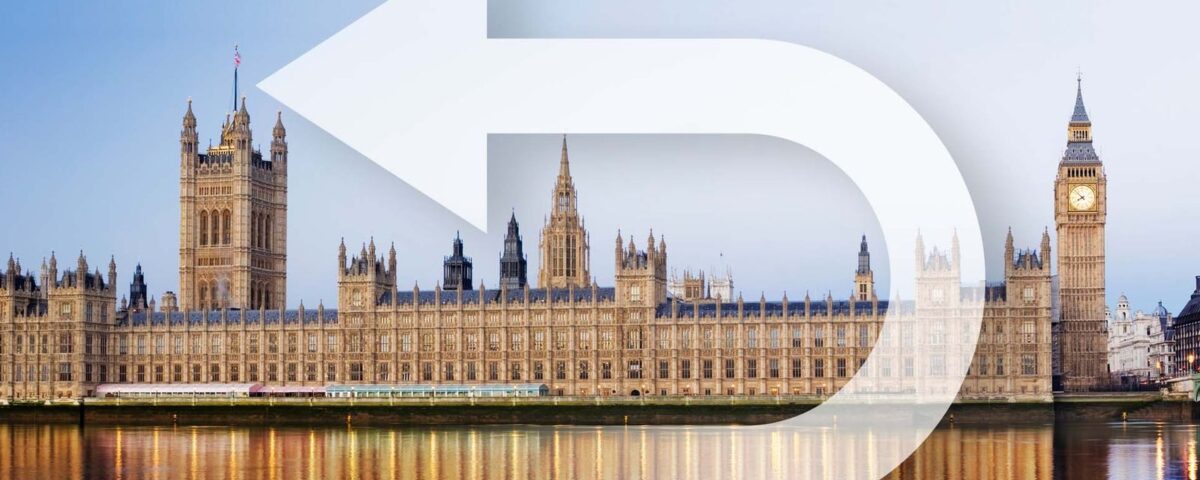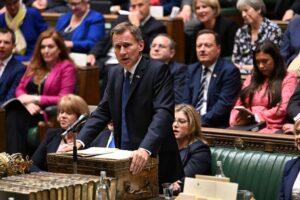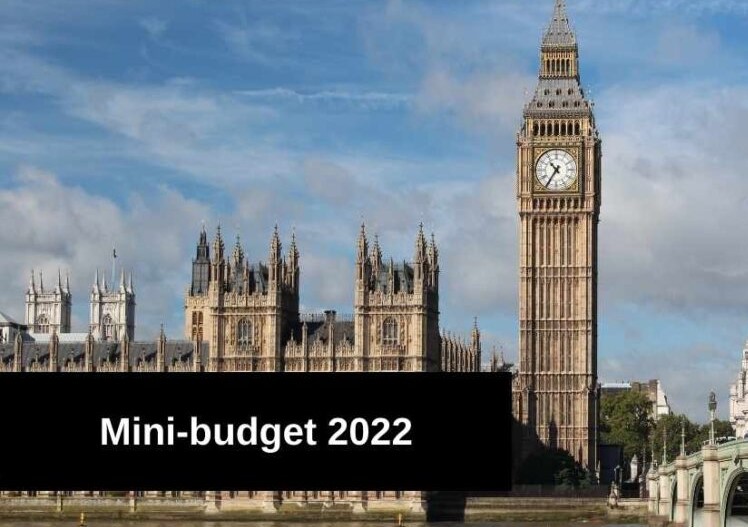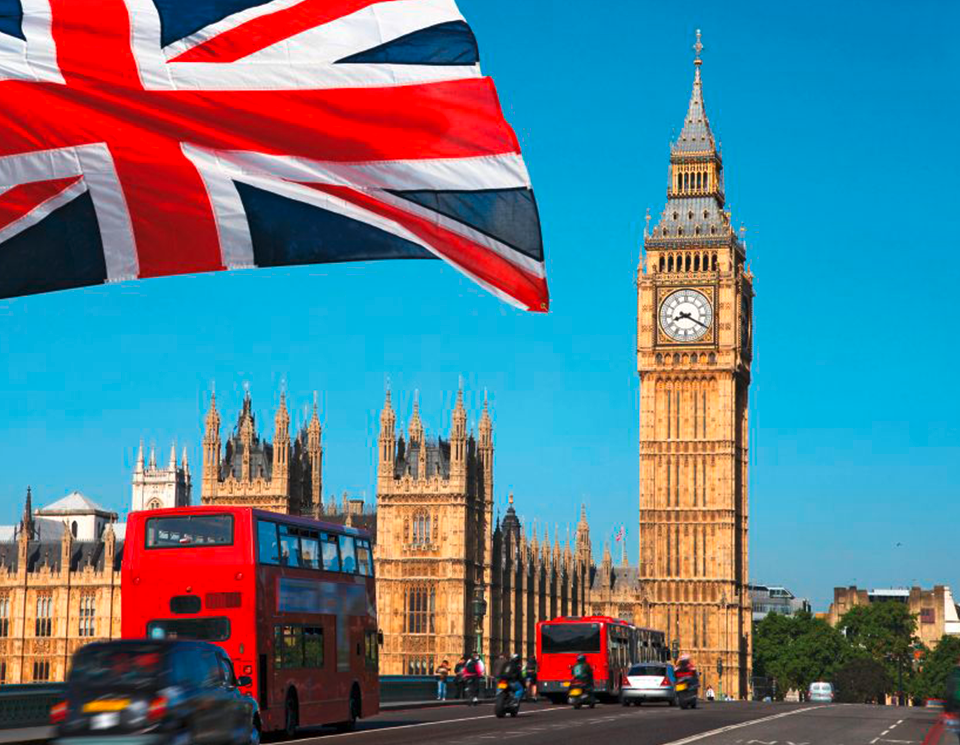2022 UK Mini Budget U-Turn!

 The new Chancellor; Jeremy Hunt has confirmed a major overhaul of the Prime Minister; Liz Truss and former Chancellor; Kwasi Kwarteng’s “mini-Budget.
The new Chancellor; Jeremy Hunt has confirmed a major overhaul of the Prime Minister; Liz Truss and former Chancellor; Kwasi Kwarteng’s “mini-Budget.
The newly appointed Chancellor confirmed that the majority of the mini-budget that was announced in September 2022 will be reversed. Also stating that any future economic plans would be lead by “compassionate Conservative values”.
The shredding of the majority of the “Mini-Budget” measures is expected to raise £32bn, as an attempt to steady the UK’s financial markets which have faced turbulence since the previous Chancellor’s fiscal statement in late September.
Changes to the mini-budget plans that were announced:
Income Tax Rate
Two major changes to income tax rates have been scrapped since the “mini-Budget” in late September.
The first; a plan to entirely scrap the 45p top rate of tax, was ditched earlier this month following anger that the move gave a tax break to the country’s highest earners.
The second; a pledge to reduce the basic rate of income tax to 19p in the pound by April 2023 was jettisoned. Rather than set a date for when original plans can resume, the Chancellor stated that the 20p rate will remain indefinitely.
The current 20p rate is to remain “indefinitely” because it was needed to bring stability to the UK’s finances, with Treasury forecasts suggesting the u-turn would raise £5.3bn in the financial year 2022/23.
Corporation Tax Overhaul
The plans to overhaul corporation tax was now being ditched.
The proposal, which was a major plank of the Prime Minister’s leadership campaign, would have cancelled a UK-wide increase in corporation tax from 19 per cent to 25 per cent in April 2023.
The initial rise had been announced by former-Chancellor Rishi Sunak, but the new Prime Minister; Liz Truss pledged to ditch the increase as part of efforts to boost UK business and attract foreign investment.
Energy Bill Support
One of the most surprising announcements made was a significant change to the government’s energy support package which would cap prices for two years.
Instead, the current level of support will now only last until April 2023 with the Chancellor stating that further targeted support for vulnerable households and businesses beyond that point would be announced, following a “Treasury led review”.
The initial energy strategy – which was estimated to cost up to £150bn – was the biggest single expense in the growth plan.
Given the economic difficulties it was felt that it would not be responsible to expose taxpayers to “unlimited volatility” in the energy markets, and that the new approach would cost the taxpayer significantly less than planned.
IR35 Rules
The Chancellor also tore up plans to reform the off-payroll working rules for the self-employed, known as IR35 – which currently make companies responsible for ensuring contractors working for them are paying the right level of tax.
The former Chancellor; Kwasi Kwarteng stated during the mini-budget that the system created “unnecessary complexity” for businesses, but the new Chancellor confirmed the rules would remain in place.
Dividend Tax
Another measure included in the mini-budget was that a 1.25 per cent rise in dividend rates which came into force in April would be reversed from 6 April 2023, while the additional rate applying to dividend incomes would be scrapped.
But the new Chancellor confirmed that the 1.25 per cent rise would remain and would not be reversed as promised by the previous Chancellor.
Alcohol Duty Freeze
Plans to freeze duty on beer, wine, cider and spirits for a further 12 months has now been scrapped.
The freeze had been sold as a boost for the hospitality and drinks industry who were concerned rising prices could damage the sector.
It means the average price of a pint of beer will increase by 7p, a bottle of wine by 38p, while a bottle of spirits will increase in price by £1.35.
What has Remained Unchanged?
Bankers’ Bonuses
The controversial lifting of the cap on bankers bonuses was notably absent from the Chancellor’s announcement.
The cap, which was originally brought in following the 2008 financial crash as part of efforts to curb risky short-term decisions by bankers, was scrapped by the new Chancellor in a bid to make the UK more attractive to financial companies.
Because bankers’ pay is dictated by individual companies the change does not directly impact the Treasury balance sheet, but the decision has already been leapt on by Labour MPs.
Stamp Duty Changes
The Chancellor confirmed that cuts to stamp duty would remain, partially because the legislation to secure the changes has already started moving through the Commons.
The changes mean that buyers in England and Northern Ireland will still pay no stamp duty on the first £250,000 of any property, while first time buyers will benefit from a stamp duty exemption on the first £450,000.
National Insurance
The “mini-Budget” pledge to reverse the recent rise in National Insurance will remain, again because the legislative process has started.
Both employers and employees have been paying an extra 1.25 per cent in National Insurance Contributions since April 2022, the Chancellor confirmed that the plans to ditch the rise from 6 November 2022 would still go ahead.




